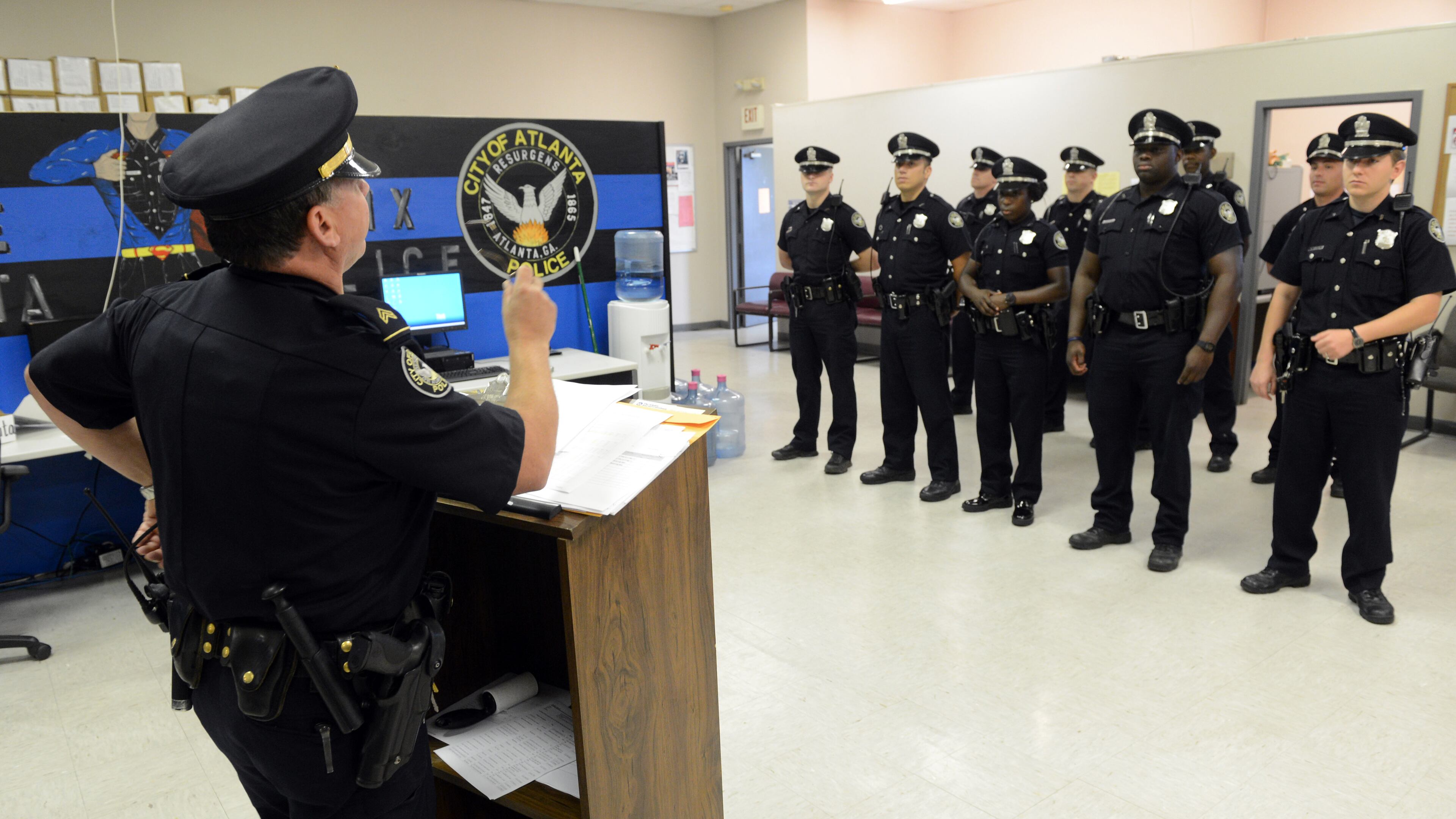Violent crime fueled by gangs on the rise in Atlanta

A spike in murders in some of America’s biggest cities has raised concerns about a burgeoning national crime wave, a trend Atlanta has not escaped.
Atlanta Mayor Kasim Reed acknowledged in a recent interview that crime is up but cautioned against sweeping generalizations.
Crime statistics, inherently volatile, tend to bear him out. In May murders in Atlanta had risen 32 percent over the same period in 2014. But by June 20th the increase had slowed to 17 percent with a total of 42 homicides this year compared to 36 in the same period last year.
Baltimore, by contrast, recorded 43 homicides in May, its deadliest month in nearly half-a-century. St. Louis’ murder rate had nearly doubled through the first five months of 2015.
“Crime flows and ebbs every single year,” Reed said. “During the course of five years, crime is up every year during the course of the year. You have spikes in crime that you meet and manage and bring under control.”
While the rise in 2015 may be incremental, there's little debate over who's driving it. Atlanta police say they are now tracking approximately 120 gangs, more than double the number they identified just six years ago. How much of Atlanta's crime is gang-related is impossible to calculate, police say.
» INTERACTIVE: Murders rising, thefts declining in APD's six zones
Anecdotally, the evidence of an increase is abundant. Fulton County District Attorney Paul Howard, speaking at a recent forum on street crime, noted that, in 2004, only four defendants were charged by his office with “participation in criminal street gang activity.” In 2014, 89 defendants were so charged. Howard said 17 percent of all homicides prosecuted in Fulton last year were gang-related.
According to Maj. Darin Schierbaum, commander of APD’s Special Enforcement Squad, Atlanta’s gangs run the gamut in their level of sophistication “from lemonade stands to IBM.”
The more sophisticated crews have aligned themselves with some of the biggest brands in street violence, including the Bloods and Crips. Some have adopted an almost-corporate like structure and are becoming more creative with their offenses, including fraud, said Lt. David Wilson of APD’s Targeted Enforcement Unit.
“You are seeing a higher number of local gangs that are affiliating with larger gangs, or more established gangs,” the mayor said.
According to Schierbaum, it’s not unusual for gangs to recruit new members from local middle schools. That relative inexperience has not kept them from participating in some of the city’s more audacious crimes.
In February a 16-year-old was indicted along with two other gang members for the June 2014 fatal shooting of the nephew of Atlanta City Councilwoman Keisha Lance Bottoms. Darius Bottoms, 18, was ambushed after being mistaken for a member of the Bloods.
“The most active gangs are responsible for some of the violent crimes in the city,” APD spokeswoman Elizabeth Espy said.
Shock and awe remains the primary stock and trade. Gang-related violence never fails to capture headlines, and the dateline isn’t restricted to Atlanta.
Last year, a man who had pledged allegiance to the Bloods killed two DeKalb County residents, including a 17-year-old girl, after a fracas erupted during a party to watch a Floyd Mayweather fight. He was convicted this year. A retaliatory home invasion left a 9-month-old baby dead and three women "critically injured," police said.
Last month, Gwinnett police arrested the alleged leader of the "La Gran Familia" street gang and a dozen of his lieutenants. They were "buying and selling cocaine, methamphetamine, Xanax, marijuana and firearms" across the metro area, police said.
Schierbaum said law enforcement is making inroads due to Georgia’s Street Gang Terrorism and Prevention Act, passed in 2007, which adds up to 10 additional years imprisonment for crimes committed in association with street gangs.
The mayor said Reed said he believes the city is getting ahead of the problem, crediting a “robust partnership” with Howard, APD and the U.S. Attorney’s Office.
Grant Park resident Sara Riney, who became actively involved in local crime prevention efforts following the 2009 murder of a popular Cabbagetown bartender by gang members, said it’s become clear that crimes typically deemed as “random” are anything but.
“I don’t think we’ve had an appreciation for how big the gang problem is,” she said. “The crimes that really scare the bejeesus out of people are usually going to be gang-related.”
Staff writer Katie Leslie contributed to this article.


